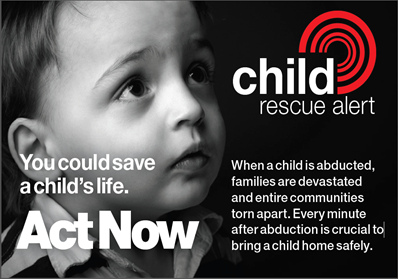By THOMAS HARTWELL
The emergence of social media and its growth over the past decade have done well to forward many people's careers and social lives, but as it continues to grow, mainstream social media is expanding its reach into even humanitarian efforts. The Guardian reports in a recent article, that Facebook and Twitter have aided in finding missing children through the use of their respective platforms. The change has been described as improvement from "milk cartons, posters, flyers, meetings and traditional news reports" to television and radio broadcasts to modern-day mass media attention, word-of-mouth and world-of-mouth.
In 2015, Child Rescue Alert in the U.K. partnered with Facebook to expand the reach of the goals of the organization. The use of Facebook, and later Twitter, increased viewership of the missing child ads as well as drew attention to the appearance of the suspect(s) in the cases. Millions, sometimes even tens of millions, saw the ads.
So, besides the obvious, simply viewership of the post, what benefits could the development of social media for virtually everything have on this type of use? Recognition and traffic of a post like this one would obviously need traffic and attention, but equally important, if not more, is speed -- immediacy. If tens of millions of people see a "missing child" ad just a day or two too late, it could mean the difference between finding and not finding that missing child.
In an age of "having to know right now," it may seem that constant, overwhelming updates are riddled with unnecessary and useless information. I would argue that it is a necessary evil to endure and filter through the "junk mail" of social media to receive important, timely and reliable information. This, as a result, will create a more streamlined and reliable social community. Where does that start? The answer: with each Facebook-er, Twitter-er and blogger worldwide. The ability to recognize and utilize social media as both a social outlet and a tool to improve one's own life and, potentially, the lives of others is imperative to the use and future growth of social media.

No comments:
Post a Comment